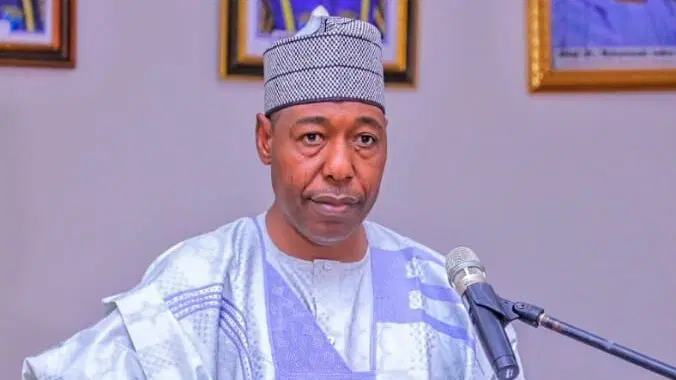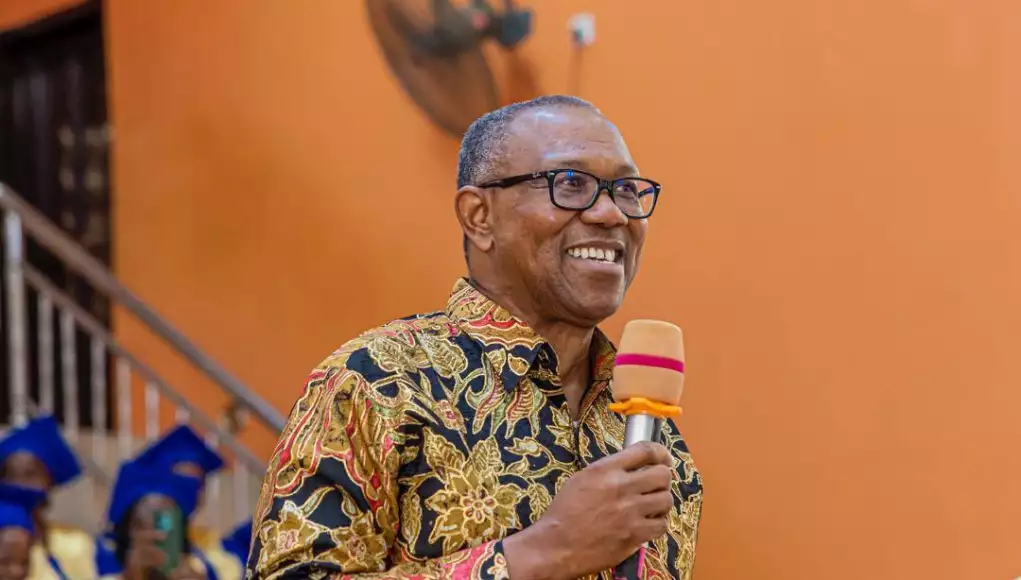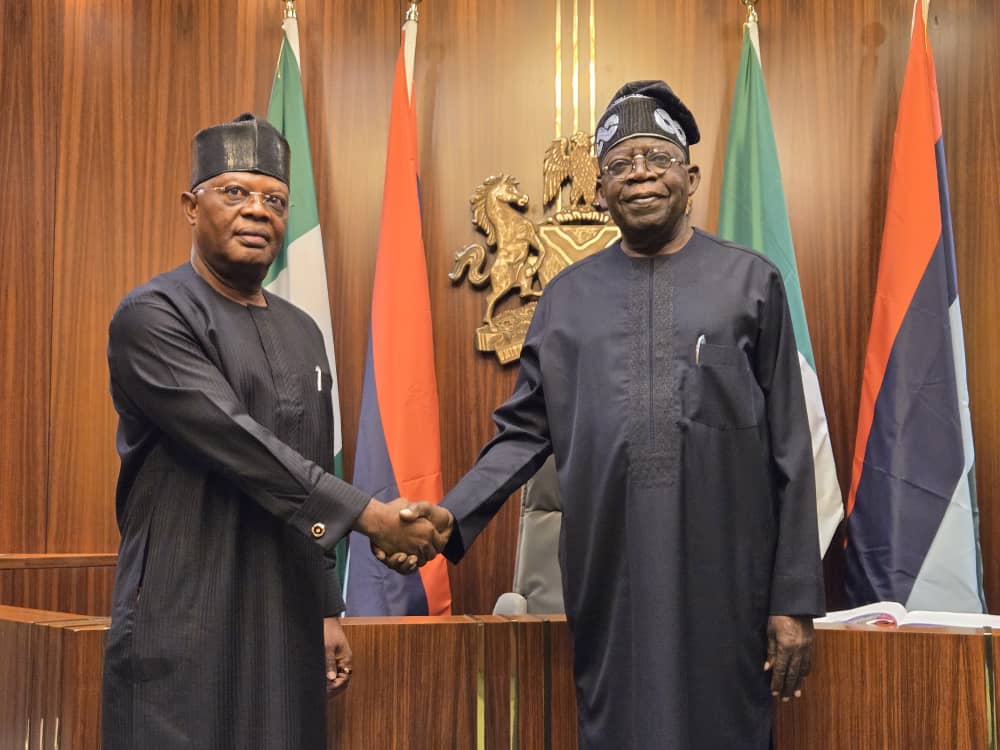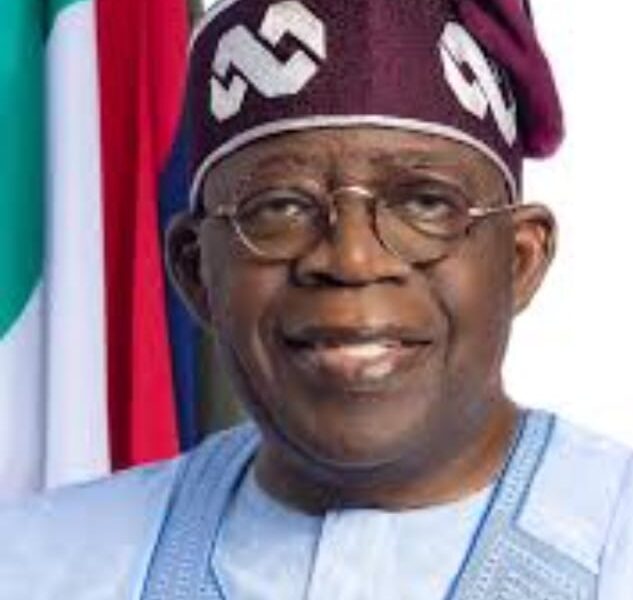Borno State Governor, Babagana Zulum, has raised a stark warning about the proposed tax reform bills, insisting that they could cripple the Northern region and other parts of Nigeria.
The Governors position is coming in the same vein as that of Senator Ali Ndume who is representing Borno South in the Senate who had urged that the bills be withdrawn for proper consultation in order to get the buy-in of the critical stakeholders who are opposed to it.
Senator Ndume had expressed concern about the timing, suggesting that introducing tax reforms in the current climate could be misconstrued by the public.
He had urged the Senate to consider the sensitivities of the moment, advocating for a more strategic approach to avoid backlash.
Ndume echoed calls for the bills to be withdrawn temporarily to allow for more consultation with state governors, the National Economic Council (NEC), and traditional rulers.
He emphasized that the reforms would be more effective if they had the buy-in of these critical stakeholders, suggesting that swift passage could occur after such consultations.
He identified derivation and VAT as contentious issues arguing that without constitutional amendments, implementing some of the proposals would be problematic.
In a passionate interview with BBC Hausa, Zulum criticized the rapid pace at which the bills are moving through the National Assembly, likening the process to the slow passage of the Petroleum Industry Bill, which took nearly two decades.
“Why the rush?” Zulum questioned. “The Petroleum Industry Bill took almost 20 years to pass, yet this tax reform bill is being fast-tracked in just a week. It deserves more careful consideration.”
The governor accused the proposed legislation of being inherently biased, warning that it could significantly hinder the development of the North, as well as the South East and parts of the South West.
He called on President Bola Ahmed Tinubu to reconsider the bills, stressing that the North’s strong support for his administration should not be overlooked.

“This is not opposition to the government,” Zulum clarified. “But these bills will destroy the North. President Tinubu must act as he secured 60% of his votes from the North, and we cannot afford to be left behind.”
Zulum also pointed out that if passed, the bills could severely impact the ability of Northern states to fund critical development projects and pay civil servants’ salaries.
He added that even Lagos State, often considered a strong ally of the federal government, is opposing the reform.
“If these bills are enacted, we will struggle to pay salaries, and any payments we make will be unsustainable,” Zulum warned.
“This is a national concern, with members from across the country, including the South, opposing it.”
The governor concluded that the North’s opposition to the tax reform is not an attack on the administration but a call for a reconsideration of the bills’ potential damage. “We supported President Tinubu, but these bills will not help us,” he said.
As the Senate continued to review the tax reform bills, which include the Nigeria Tax Bill 2024 and other associated legislation, Zulum’s comments highlighted the growing regional divide over the proposed fiscal changes, raising concerns over their long-term impact on Nigeria’s development.




